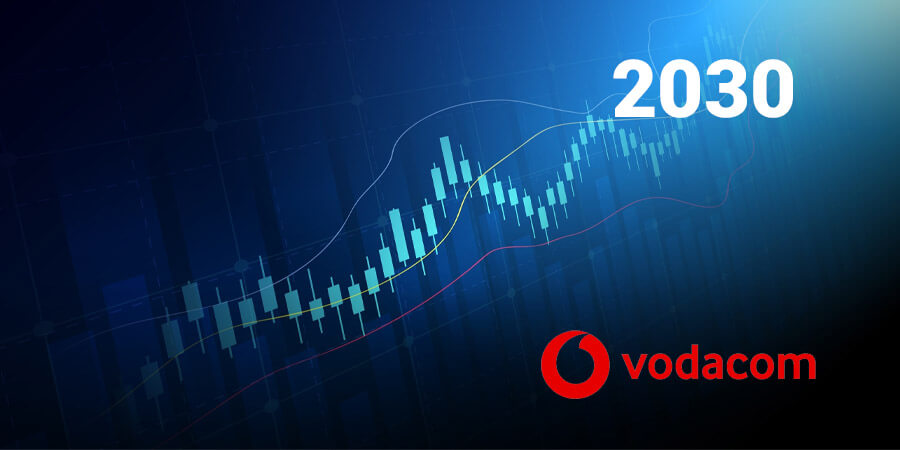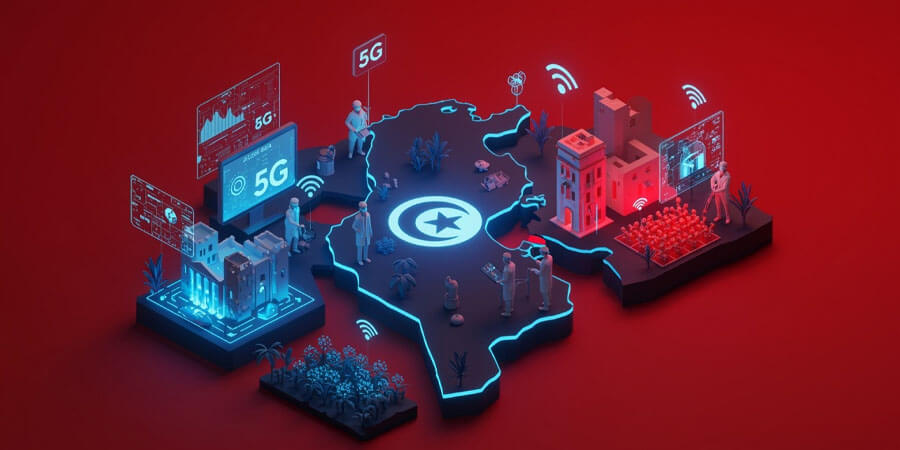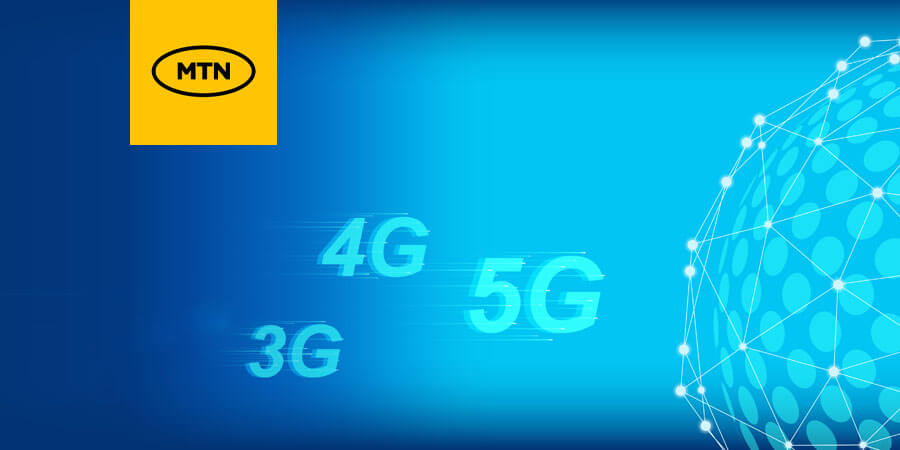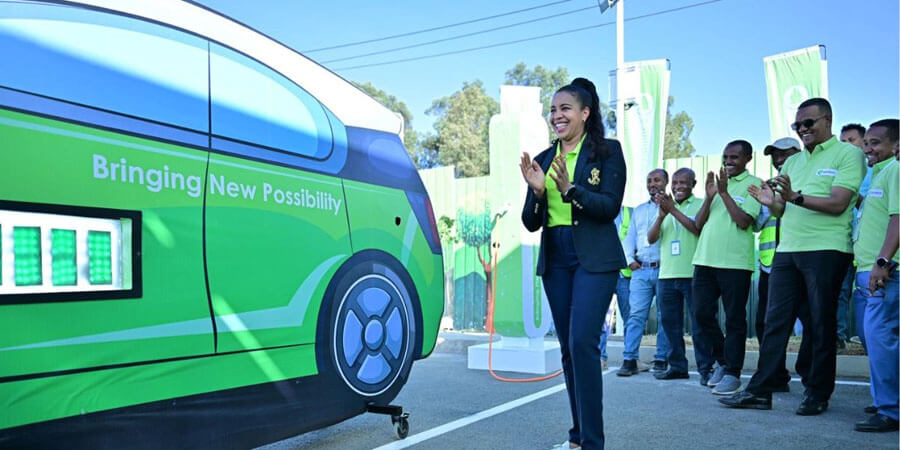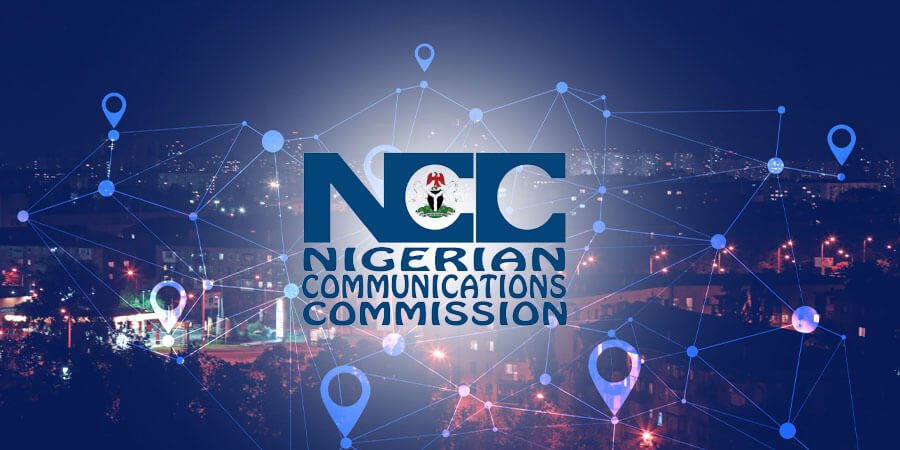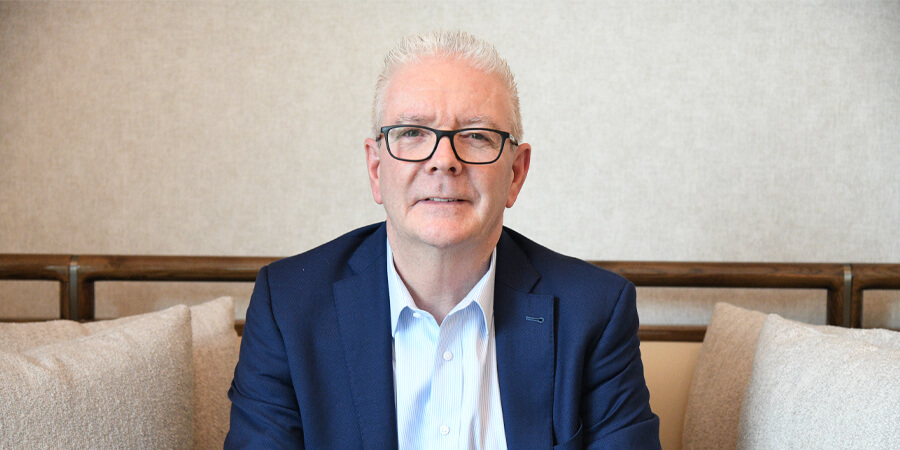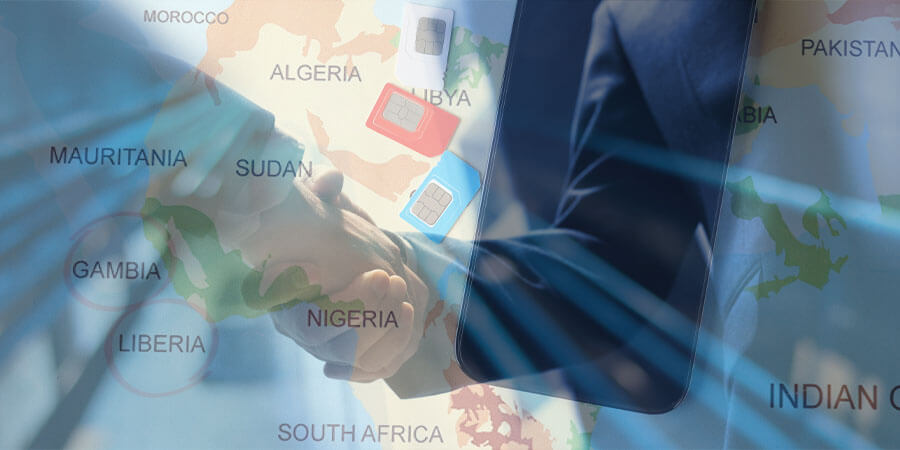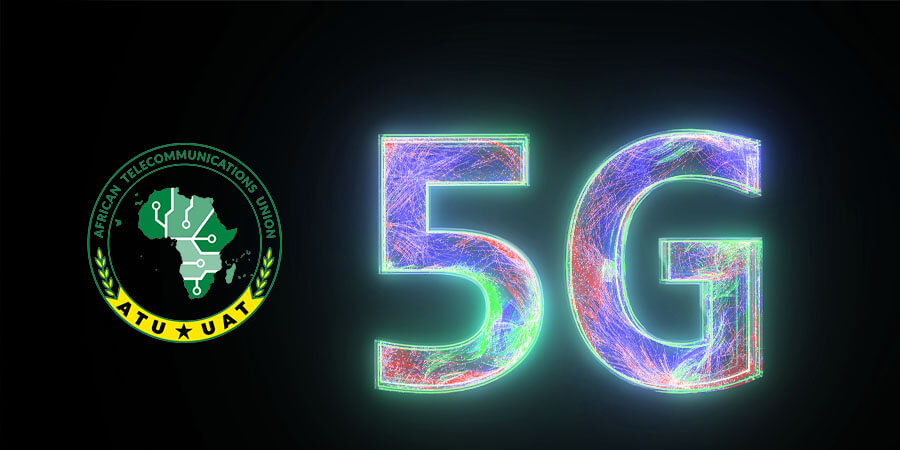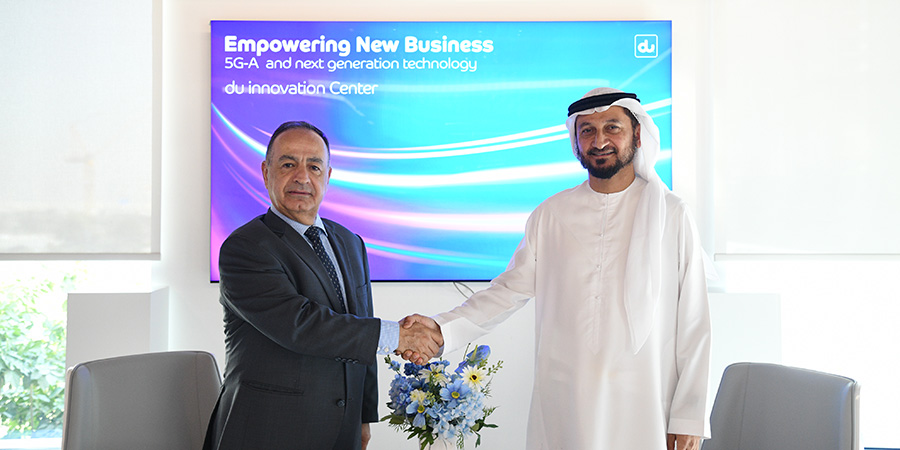As 5G becomes increasingly ubiquitous, it will dramatically change the way business operates across Africa. While most people are aware of the impact 5G will have on ordinary people’s mobile internet speeds, it will also provide and enable new solutions across a vast swathe of industries.
That was the overriding message from day two of the Digital Council Africa Conext 2021 conference, currently taking place virtually and which focused on the release of 5G to business and how it will impact Africa. While 5G coverage is still in its infancy across the continent businesses will be much better placed to take advantage of it from the get-go.
“5G is lighting up the future of societies and economies,” said Dr Mohamed Madkour, VP of Huawei global wireless networks marketing and solutions. “Although it might seem like a technical subject, it has a greater purpose and higher stakes. In fact, 5G will play an important role in helping people live happier and safer lives, organisations operating more efficiently, and ensuring that the planet has a greener future.”
“When we talk about 5G, we should distance ourselves from speed and killer applications and focus on the purpose to which we’re applying it,” he added.
That said, he pointed out the high speed and low latency which characterises 5G means that it has the potential to transform industries as diverse as media, mining, ports, utilities, industry, and policing.
“From top to bottom, there are applications where 5G can be transformative,” he said.
Within the South African context, Marius Engelbrecht, senior strategy consultant at Huawei, pointed out that 5G could be beneficial to South Africa’s mines, which have extensive underground tunnels. The low latency speeds make it particularly useful for Internet of Things (IoT) sensors, which can help make the whole environment safer.
He also pointed out that 5G has applications in the steel production sector.
“What’s very interesting, is that at Guangxi Iron and Steel in China, a game controller device enables people to operate a crane remotely,” he said. “Apart from the obvious safety and efficiency benefits, this also shows how 5G is bringing together different technologies in new and innovative ways.”
But in order for those benefits to accrue, infrastructure and policy regulation are critical. These are both critical to ensuring that the rollout of 5G is to the benefit of all.
An example pointed out by Dr. Charley Lewis, councillor, Independent communications authority of South Africa (ICASA), is South Africa’s digital divide.
“Historically, the divide was a telephony divide but it has remained persistent,” he said. “We need to look at ways of deploying 5G that will not exacerbate that digital divide and develop use cases that are specific to our context and that will assist socio-economic and business development in the country.”
From an infrastructure perspective, the likelihood (as with other technologies) is that consumers will ultimately drive the pace of adoption. This in turn will have an impact on business.
“I don’t think that we’ve even scratched the surface of the pace of 5G infrastructure rollout,” said Angela Wamola, Ag head of Sub-Saharan Africa: GSMA. “If you just look at the demographics of the continent. Today, 40% of our population are under 14 years old. By 2050, 50% of the population will be under the age of 25. Once they come of age and start demanding products and services to suit their lifestyles, we’ll be running around trying to meet their needs.”
“Young people will be engaging in things we can’t even imagine right now,” she added. “This will drive connectivity rollout and open up an array of new opportunities.”
There is no doubt then that any businesses hoping to maximize the benefits of 5G shouldn’t just see it as something that they’ll eventually have to adapt to. Instead, they should actively seek to understand the role 5G could play in their operations as well as in the day-to-day lives of their employees and customers. And, from there, they should look to incorporate it as thoroughly as possible.
“Ultimately, 5G success requires a collaborative effort,” concluded Dr Madkour. “All stakeholders, including government, operators, vendors, academia, and industries need to come together to ensure that 5G’s rollout is inclusive for all.”





